Here’s the quick version: If you’re an adult who survived cancer as a kid, the story isn’t over when it comes to your health. A groundbreaking study just dropped from Karolinska Institutet and The Lancet Regional Health—Europe—and it’s giving us some hard truths. Survivorship means beating the odds once… but researchers say those same survivors often enter adulthood with a body that struggles to fight harder infections like severe COVID-19.
You’re thinking: Why now? Why after decades? That’s what we’re here to unpack. Let’s take a walk through the science, the stories, and the real messy parts that most articles won’t tell you… and maybe talk to your doctor by the end of this. If nothing else, this is your bridge into the next phase of survivorship care.
Why Adults Once Treated as Kids Face Greater Severity
So, imagine this: You or someone you know made it through chemo. Radiation. Maybe even a bone marrow transplant. These treatments? They save lives. No doubt. But some fight usurers with long-term surprises: chronic inflammation, brittle lungs, heart issues.
Newer research shows—it’s particularly real for childhood cancer survivors. Javier Louro, who led the Scandinavian study, put it plain: “Even if these survivors weren’t infected more often, the consequences were… heavier, once they did get sick.”
Here’s the spin doctors didn’t see coming. Survivors’ immune systems—scrambled by past treatments—are miswired. Like a car you got fixed after that crash ten years ago, things don’t quite run the same on the highway of life (or pandemics, for that matter). Not everyone’s hit the same way though. Two big things shape this invisible vulnerability:
- Type of treatment: Chemotherapy like bleomycin, radiation centered on the lungs, or stem cell transplants? Those can leave a trail—including lung scarring or immune cells playing checkers when they should be playing chess.
- Time gaps: Some of us were diagnosed as teens. Others, way younger. The oldest survivors in the study—50-year-olds—saw a permanent 85% higher risk of complications. For context, that’s like your chances of a flat tire doubling when it’s already a bit warn down.
If this feels heady, hang tight. There’s more. We’ll soon break why this showed up now, after all these decades.
Unpacking the Research: What Survivors Should Know
This study? Massive. We’re talking about 13,000 survivors across Sweden and Denmark—matched and compared to their siblings, their birth-year peers. Even cooler detective work? They tracked things from 2020 through 2022. Across Alpha, Delta, Omicron waves.
Now here’s my favorite science hack: they didn’t just measure infection. They checked outcomes. Hospitalization. ICU admission. And even fatalities. That’s serious. But here’s the upset you might’ve missed: even though rates of infection were slightly lower in survivors (fewer exposures?), the care after infection? Much more involved.
Sweden vs Denmark: A Tale of Two Pandemic Stories
Wait, but Sweden had fewer lockdown rules. Denmark locked down early and fierce. How’d that play in vulnerability?
Survivors in Sweden? Their system kept them at 75% higher severe risk compared to other groups. Same outcome in Denmark? Delayed. Protected in the short-term, but by the end of the study, both countries trended toward similar rates. So isolation can delay—but doesn’t eliminate—some risks.
Short takeaway? Pandemic pandemonium left a scar on survivors twice: once medically, and once policy-wise. The more restrictions a nation dropped? The earlier disease hit a higher risk group.
Real Talk: Survivor Immunity, Then and Now
Back when we thought we understood immunity—before ventilators and booster mandates—those of us who beat cancer as kids thought we were free and clear. Reality check? Science now shows childhood treatments like radiation or chemotherapy may have shifted our immune systems permanently.
Think of it like this: some treatments rewired your insides the same way wildfire repair restructures a forest. You’re up and running… but the roots are older. Wildlife is different. Recovery is possible—but not the same. If you were treated with something like bleomycin or high-dose radiation, your lungs might already be extra sensitive. Bluntly? IfCOVID tries to climb the respiratory system, those scars are weaker entry points.
So What Did This Immunity Buy Survivors?
Survivors stayed cautious—lower infection rates (20% less minfection than others, says the study—but when exposed, outcomes flipped. Whether due to viral load or immune quirks, they ended up with 58% more risk of a bad diagnosis.
Why? There’s a hint tucked into the data: survivors’ own immune cells operate with a kind of “guilt trip.” They may be overly aggressive against normal tissue or slow to shut down inflammation. Inflammation for weeks, even months? It’s dangerous—and in the Lancet study, they flagged it early.
Let me put it less sciency: childhood cancer survivors seem uncommonly silent when viruses strike—but their immune responses are messier than average. Cytokine storms, which older people with severe COVID face, might have an earlier start for this group. Not fun, but important to understand.
What Should Survivors Do Now? Action Steps
Okay, big breath—and actual medical tips. Here’s what leading pediatric oncology teams advise.
First, speak up. Funny thing—docs often don’t check your lifelong treatment history unless you bring it up. If you know you had lung-affecting therapies or blasts of stress on your immune system… tell them. A collaboration between you and your healthcare team? Game-changer.
Second, know your resources. Passport for Care™ is this super customizable thing—think psychic note-passports but medical. You can log your therapy details and get risks flagged. Radiation to the chest? It’ll track lung risks. Which brings me to another key point: routine IgG tests might help you know immunity history. Not the future. But a piece of the puzzle you can control.
Last: oh, the vaccinations. If you’re a survivor, you’ve probably lined up for shots sooner than average. But what if the new omicron or post-2024 variant is bad again? Ask for priority booster recommendations. Being proactive isn’t just about the next pandemic… it’s today’s variants, too.
What the Future Holds—And How Survivors Can Prepare
So where do we go from here? That’s the question.
More research is in the works. If the Karolinska team taught us one thing? Long-term health effects after cancer can reveal themselves in surprising ways. The immune system has a long memory. Not always good for healing. Sometimes it’s like a high stress response that doesn’t reset.
But don’t panic! Instead… prepare. If you’re a survivor, starting a conversation with your family about your treatment history is step one. Dig into survivorship clinics—they’re out there. And advocacy groups like Children’s Cancer Cause update policies all the time. As they like to say, “Survivorship doesn’t burn out. It keeps evolving.”
New York groups (like Memorial Sloan Kettering) have started pilot programs. Quick screenings for internal vulnerabilities that standard checkups miss. By tracking seroprevalence alongside heart and lung health specifically, they can map future risks. Sneaky work.
Final Thoughts: Respiratory Viruses Aren’t Just a ‘Flu Season’ Threat
You made it this far—and that’s something. If this article threw stats at you again and again, you wouldn’t feel it as deeply. But here’s what bites: while survivorship itself is a win, it comes with uninvited club membership—higher risks for severe respiratory issues.
Louro put it respectfully: “Even decades later, the body remembers.” But here’s the hope—so can your care team… and so can you. Proactive docs, targeted surveillance, and your own awareness can catch risks before they dive into majority territory:
TL;DR? Childhood cancer survivors are more resilient than most give them credit for… but when it comes to COVID-19? The battle is twice as heated. Vaccinate early. Stay in touch with survivorship programs. Don’t fear the clinical conversations—their the backbone of the future of survivorship health. And hey, if there’s someone you know who fits this, shoot them this link. Or just share a coffee and your knowledge—it matters. Survivorship doesn’t stop. Neither should your peace of mind.

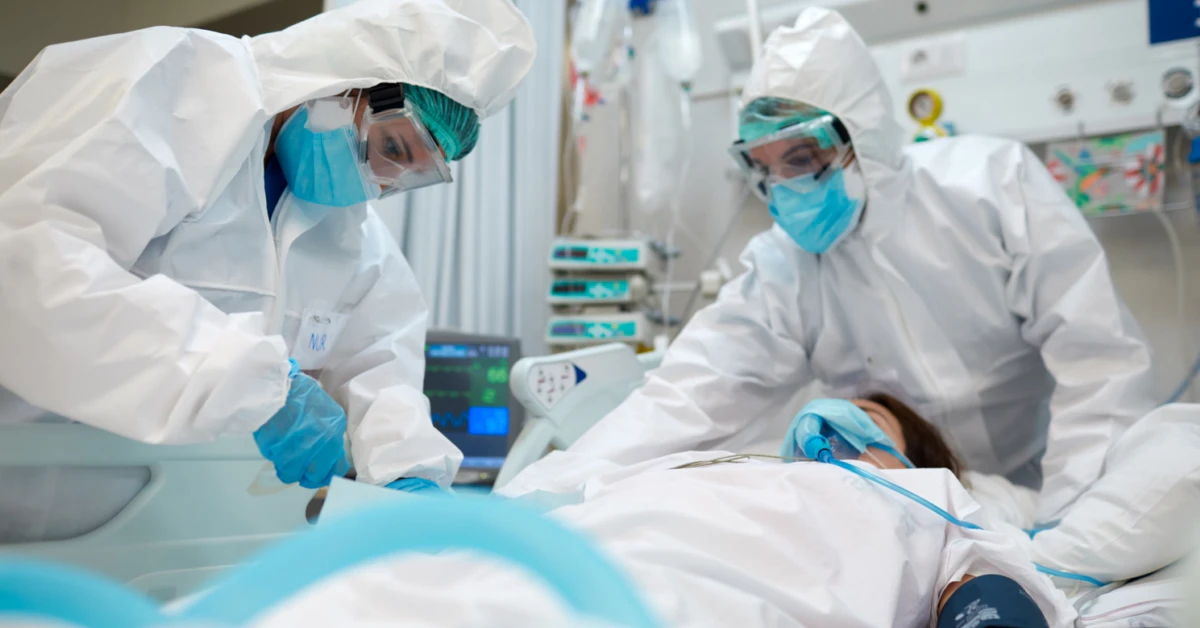
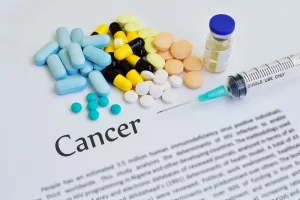
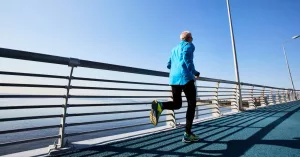
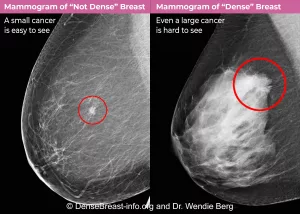
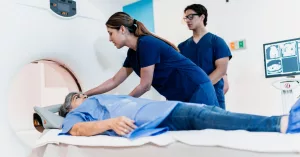
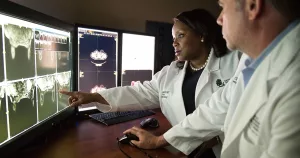
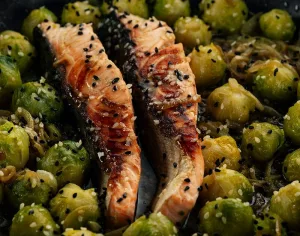
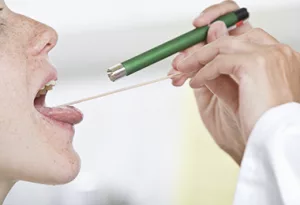
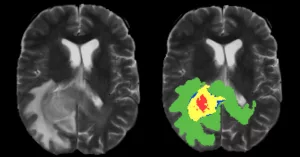
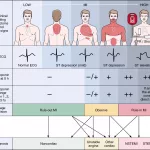



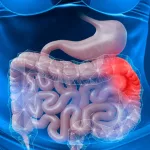
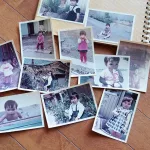
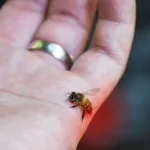

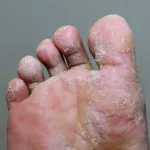


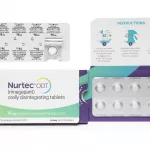
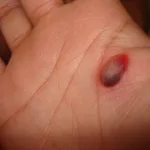

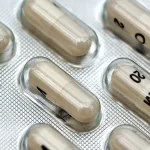
Leave a Reply
You must be logged in to post a comment.